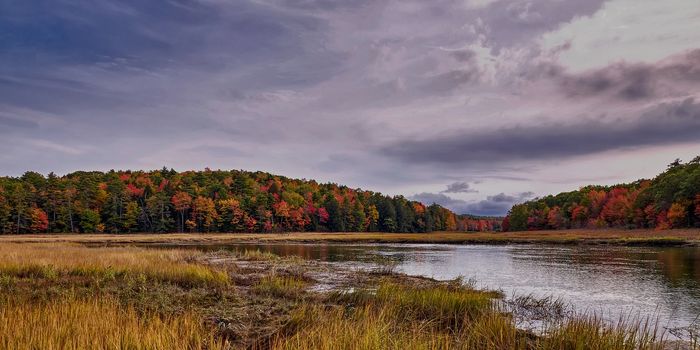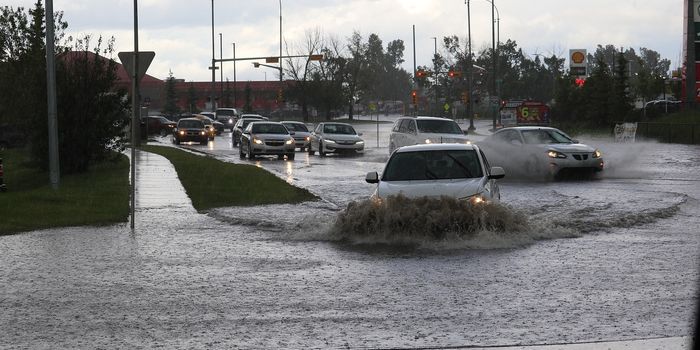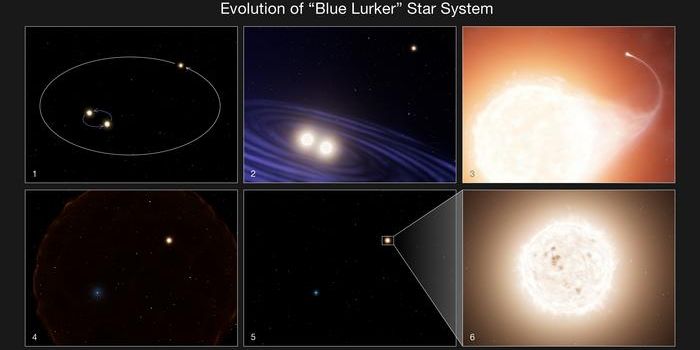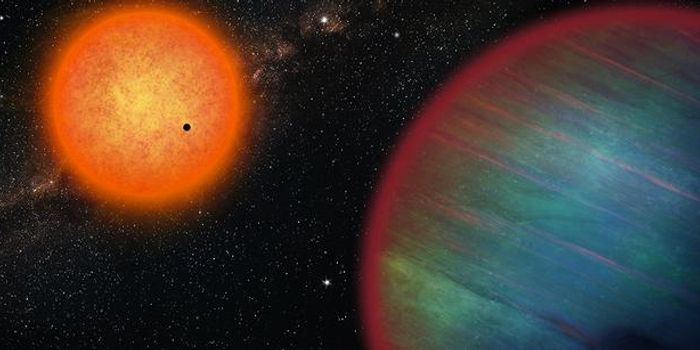How to Save the World's Coral Reefs? Global Reforestation
With recent news of the world’s coral supply standing at just 50% of what it was in the 1950s, any strategies for protecting and safeguarding coral should be welcomed with wide-stretched arms. A study published in Global Change Biology last month provides just such an approach. Anyone familiar with climate change solutions might be surprised to find a familiar face in this study’s suggested method of coral defense: reforestation. The study found that targeted reforestation in coastal areas could “help to reduce sediment export to 63,000 km2 [~24,000 mi2] of coral reefs.” The reduction of such sediment would help “foster coral reef conservation.”
Reforestation is, as the name implies, restoring trees and forests to areas that once had them but have since experienced degradation. This degradation can be from wood harvesting, clearing to make room for livestock grazing, or a variety of other factors. The study, led by researchers from the University of Queensland, found that reforestation of degraded watershed and coastal areas would help avoid harm from sediment originating in these regions. This sediment can “cause aquatic ecosystems to be more sensitive to heat stress, which decreases the resilience of corals to pressures caused by climate change,” according to lead author Dr. Suárez-Castro, speaking in a university press release. The potential for sediment damage is so huge not just because it exacerbates climate change impacts, but also because it is so widespread. Of the 5,500 regions the study reviewed, 85% of them leach such sediment to coral reefs.
While limiting emissions will lower the harm brought to coral by increased temperatures and ocean acidity, reforestation will help prevent damaging sediment from reaching corals (in addition to helping lower emissions, too). Dr. Suárez-Castro explains, “reforestation is hugely important as it maintains the stability of soils that are vital in limiting erosion risk – it also helps to trap more sediments and prevent them from reaching aquatic systems.” Safeguarding the natural world is an inherently multi-faceted endeavor. As climate change threatens every corner of the globe, proactive steps must be taken to fight both it and any bane which facilitates its destruction. Fortunately, research, like this study, is helping shine light on how to proceed with such proactivity.
Sources: Global Change Biology; UQ News









